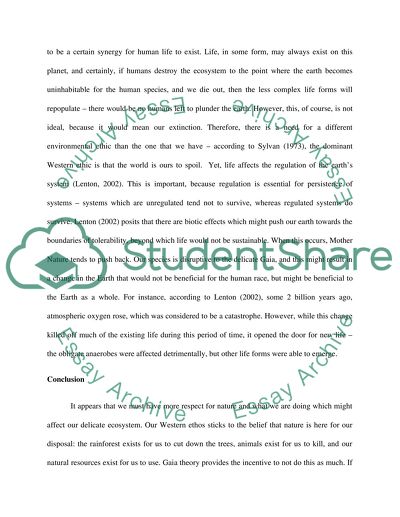Cite this document
(“Anthropocentrism and Environmental Ethics & Preservation of Nature Essay”, n.d.)
Retrieved de https://studentshare.org/philosophy/1466652-anthropocentrism-and-environmental-ethics
Retrieved de https://studentshare.org/philosophy/1466652-anthropocentrism-and-environmental-ethics
(Anthropocentrism and Environmental Ethics & Preservation of Nature Essay)
https://studentshare.org/philosophy/1466652-anthropocentrism-and-environmental-ethics.
https://studentshare.org/philosophy/1466652-anthropocentrism-and-environmental-ethics.
“Anthropocentrism and Environmental Ethics & Preservation of Nature Essay”, n.d. https://studentshare.org/philosophy/1466652-anthropocentrism-and-environmental-ethics.


